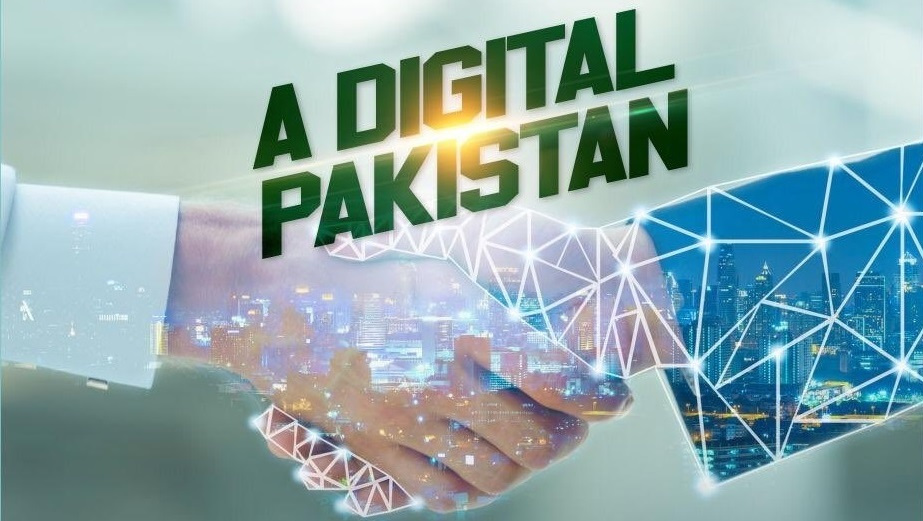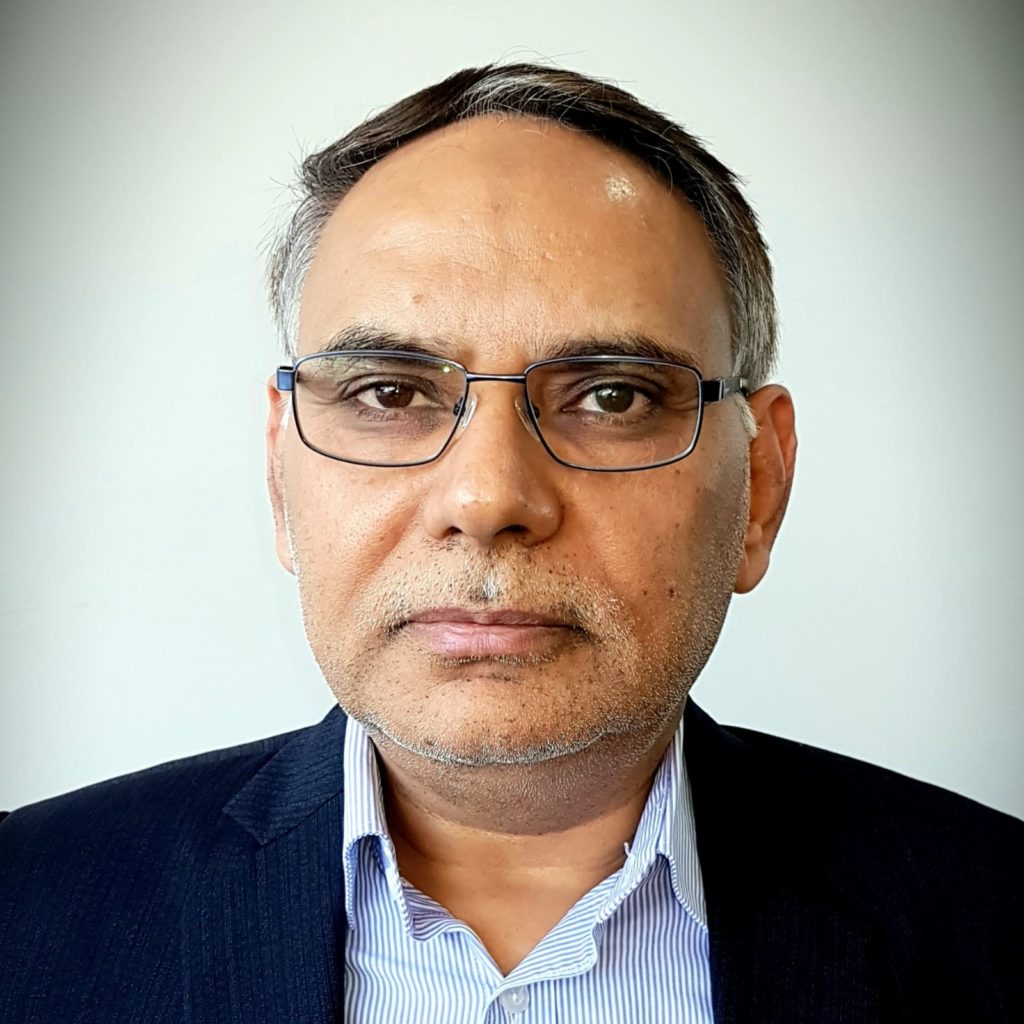The World Economic Forum (WEF), established in the 1970s, is an independent not-for-profit organisation which aims to engage various political, business and cultural world leaders in attempts to discuss current and form future agendas. To do so WEF hosts an annual meeting in Davos where the most pressing world issues are highlighted and solutions and policies relating to these issues are deliberated. In previous years, WEF has shed light on issues such as gender equality, reducing deforestation, supporting fragile economies and eliminating electronic waste. This year, the annual meeting was held from the 21st to the 24th of January and the forum focused on themes such as climate change, improving the economy of countries and world, upskilling individuals, geopolitics and resolving world conflicts and adapting to digitalisation.
Pakistan was one of the many countries who participated in this year’s annual meeting. Historically, Pakistan’s representation at the WEF by government officials has been limited or even negligible and it has only been represented through the Pakistan Pavilion and the Pakistan Breakfast which are funded by private sector companies known as the Pathfinder Group and the Martin Down Group. This commendable initiative was undertaken by Mr. Ikram Sehgal, Chairman, Pathfinder Group about 18 years ago. However, this year efforts and funding of Mr. Ikram Sehgal and Imran Choudhry allowed for the attendance of the Prime Minister of Pakistan Imran Khan at the meeting. The Prime Minister’s delegation included Mr. Hafiz Sheikh and Tania Aidrus, advisors to the Prime Minister and the Governor of State Bank Mr. Raza Baqir. The Prime Minister also graced the occasion of Pakistan Breakfast. This undoubtedly aided in promoting a positive image of the country as it provided an opportunity for Pakistan to explain its narrative to the international community.
The Pakistan Pavilion hosted various events and panel session over a period of three days in which the current affairs such as the ongoing economic reforms, momentum towards gender equality and implications of the China Pakistan Economic Corridor (CPEC) within Pakistan were highlighted.
One of these panels on Digital Agenda in Pakistan’s Future was moderated by Dr Aftab Rizvi, CEO of Risk Associates. Dr. Rizvi is an internationally renowned Information Security consultant and Entrepreneur with more than 25 years of experience. He has been heavily involved in the compliance of the financial industry and his company Risk Associates is a PCI QSA, PA QSA and the only auditor registered with the Electronic Certificate Accreditation Council (ECAC) operated by the Ministry of Information Technology and Telecom, Pakistan. The panellists included Tania Aidrus, current advisor to the Prime Minister of Pakistan in regard to Digital IT transformation and Mickey Iqbal, the CEO of mymediaport.com and only Pakistani fellow of IBM. The panel focused on Pakistan’s digital agenda and the significant positive impacts of the digitalisation regarding both the economic growth and productivity within Pakistan. Dr. Rizvi utilised his vast knowledge regarding the field of IT and his experience of working with almost all of Pakistan’s financial institutions to describe the state of the financial sector in Pakistan. He emphasised that Pakistan was a country home to various skill sets which could be utilised in the process of implementing the future digital agenda. Dr Rizvi appreciated the rapidly growing Fin-tech industry in Pakistan and stated that these advancements are going to revolutionise Pakistan’s financial sector including the way that payments are made, loans were granted, and banking occurred.

Ms Aidrus enlightened the audience about the Prime Minister’s digital vision and Pakistan’s digitalisation agenda. She further highlighted the five main pillars of the intuitive including access and connectivity, Digital Infrastructure, e-Government, Digital Skills, Entrepreneurship and Training and Innovation. She emphasised that the main aim of this agenda was not only to ensure access to the internet for every Pakistani but also incorporate this into their fundamental human rights. Tania corroborated that Pakistan would benefit from this vision by drawing on her prior experience as Google’s Country Manager for South Asia Frontier Markets including Bangladesh, Pakistan and Sri Lanka.
Mr Iqbal utilised his experience as IBM’s Global Vice President of Enterprise IT Transformation to accentuate the skills which would be required for the implementation of the Prime Minister’s Digital Vision and the possible pitfalls which could occur during this transformation. He shared his experience and confidence in Pakistan’s IT companies as an Entrepreneur and foreign investor to develop his revolutionary software application Mymediport.com. This novel application has been developed by using the skills base available in Pakistan will be launched in the United States in the near future.
All panellists emphasised their personal experience as an expatriate and their desire to return to Pakistan to contribute, which proved beneficial to both themselves and the economy of the country. They also encouraged other expatriates to consider investing in Pakistan and contribute to its growth. This initiative is also encouraged by the current Government.
Overall, the panel was very successful and was attended by a large international audience. It provided insight into the promising digital future of Pakistan and demonstrated the significant benefits of this digitalisation including facilitating entrepreneurs in launching their businesses and providing an environment for them to flourish. This not only aided in restoring the confidence of the international community regarding the capabilities of Pakistani businesses but also encouraged them to invest within Pakistan.
The WEF is a highly important event especially for developing countries such as Pakistan as it is an opportunity for them to present themselves to the international community and not only gain more international investors but also improve their media image. Therefore, all the contributions from the Pathfinder group and the Martin Dow Group in organising events are highly appreciated and have proved particularly beneficial for Pakistan. However, the responsibility to promote Pakistan on this international platform should not just fall upon the private sector, rather should be led by the Pakistani government themselves. Therefore, in the future, greater involvement and participation by the Pakistani Government will allow for greater positive impacts for Pakistan.
Contributed by

Dr. Aftab Rizvi is an internationally renowned Cyber Security Expert and CEO of Risk Associates which has offices in Australia, Europe, Asia and North America.



